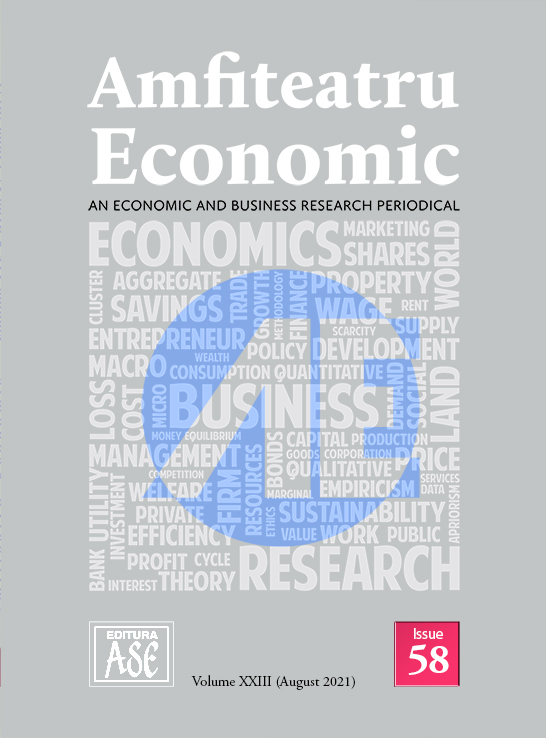The Effect of Education and R&D on Tourism Spending in OECD Countries: An Empirical Study
The Effect of Education and R&D on Tourism Spending in OECD Countries: An Empirical Study
Author(s): Beata Gavurova, Jaroslav Belas, Katarina Zvarikova, Martin Rigelský, Viera IvankováSubject(s): Business Economy / Management
Published by: EDITURA ASE
Keywords: tourism; innovation; spending; education; tertiary education; research and development (R&D);
Summary/Abstract: The aim of the presented study was to evaluate the effects of education and research and development (R&D) on tourism spending in a sample of OECD countries. The analyses were performed on the basis of data on tourism spending and data on education and R&D. The research included 36 OECD countries, which were analysed for the period 2010-2019. Robust estimation was used in the panel data models. The results revealed the effect of R&D on leisure tourism spending (R&D→LTS) and the effect of R&D on visitor exports (foreign spending) (R&D→VEFS) with positive coefficients. On this basis, it can be concluded that improvements in R&D can lead to increased leisure tourism spending as well as foreign spending. The countries such as Latvia, Chile, the Slovak Republic, Mexico, Lithuania, Turkey, Poland, Greece, Estonia, and Hungary have a great potential for an improvement in R&D, which may also result in a growth of tourism spending. The research was focused on the macroeconomic perspective of education and R&D and their effect on tourism spending as key economic indicators. The study provides interesting findings that are useful for policy makers in revitalizing the tourism sector through the effective implementation of policies and strategies aimed at increasing tourism spending. The study also enriches and contributes to the knowledge about the relationships between economic development and the development of the tourism sector.
Journal: Amfiteatru Economic
- Issue Year: XXIII/2021
- Issue No: 58
- Page Range: 806-823
- Page Count: 18
- Language: English

